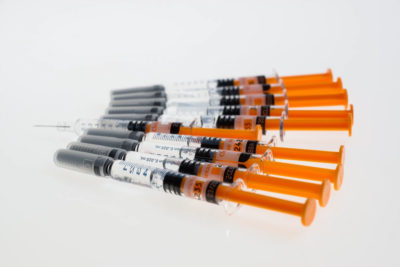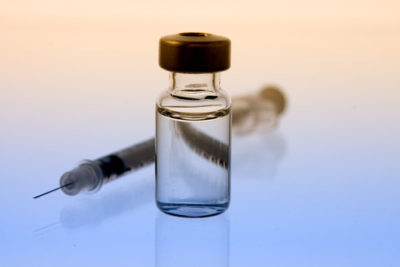In the weight loss race, understanding what helps to speed up metabolism and burn more calories is the key to winning. Adding or increasing exercise—particularly strength training and high-intensity cardio—and stepping up protein intake may help burn more calories, achieving the desired result. Protein in particular is said to galvanize the thermic effect of food—or the body using a percentage of consumed calories while breaking down food into energy and nutrients. In other words, the body burns more energy digesting dietary protein than it does fats or carbs.* In fact, protein is known to control practically all the body’s molecular processes, responsible for cell repair, growth and maintenance.
As muscles are comprised largely of protein, additional proteins are added to muscle fibers when we exercise, especially if that exercise involves weights. Consuming more protein for weight loss gives the body more amino acids—the building blocks of protein—to use in augmenting muscle mass. A larger muscle mass will improve the calorie burning process. Muscle tissue also requires more energy than fat, so increasing muscle mass is said to increase your basal metabolic rate—which is the number of calories burned to simply keep you alive. Among the reasons out metabolisms slow as we age is a decrease in muscle mass, so strength training, higher-intensity cardio workouts and added protein become integral to good health and fewer injuries.
Though people are said to be genetically predisposed to the rate at which their metabolism runs, or burns fat (the aptly-named fast vs. slow metabolism), increasing muscle mass will provide for burning more calories.
Cup ‘a Protein for Weight Loss
For decades dieticians and health practitioners have trumpeted the merits of starting the day with protein. Studies say it prevents the body from burning muscle fiber, known as catabolism, for energy. In fact, breaking down muscle fiber for energy is said to slow metabolism, and additionally the intake of protein throughout the day reportedly keeps the metabolism running optimally. Skipping meals—or leaving vast amounts of time between eating—is also believed to slow the metabolism, so a small protein snack (apple slices and a few ounces of cooked turkey breast) is an excellent way of preventing this.
Opinions vary widely about just how much protein to consume to up the metabolic rate, running the gamut from 10 to 60 percent of the daily caloric intake. Experts say if you are exercising and especially weight training, you need more as the body continuously tears and repairs more muscle.
Conversely too much protein comes with its own set of caveats. It may result in a loss of calcium and eventual bone loss. Protein sources that include a lot of red meat or high-fat sources can lead to high cholesterol and heart issues.
Finally, while eating more protein for weight loss might not necessarily influence the number on the scale, it will go a long way toward ensuring the weight you do carry is muscle, not fat, according to one study.
Protein for Weight Loss Sources:







